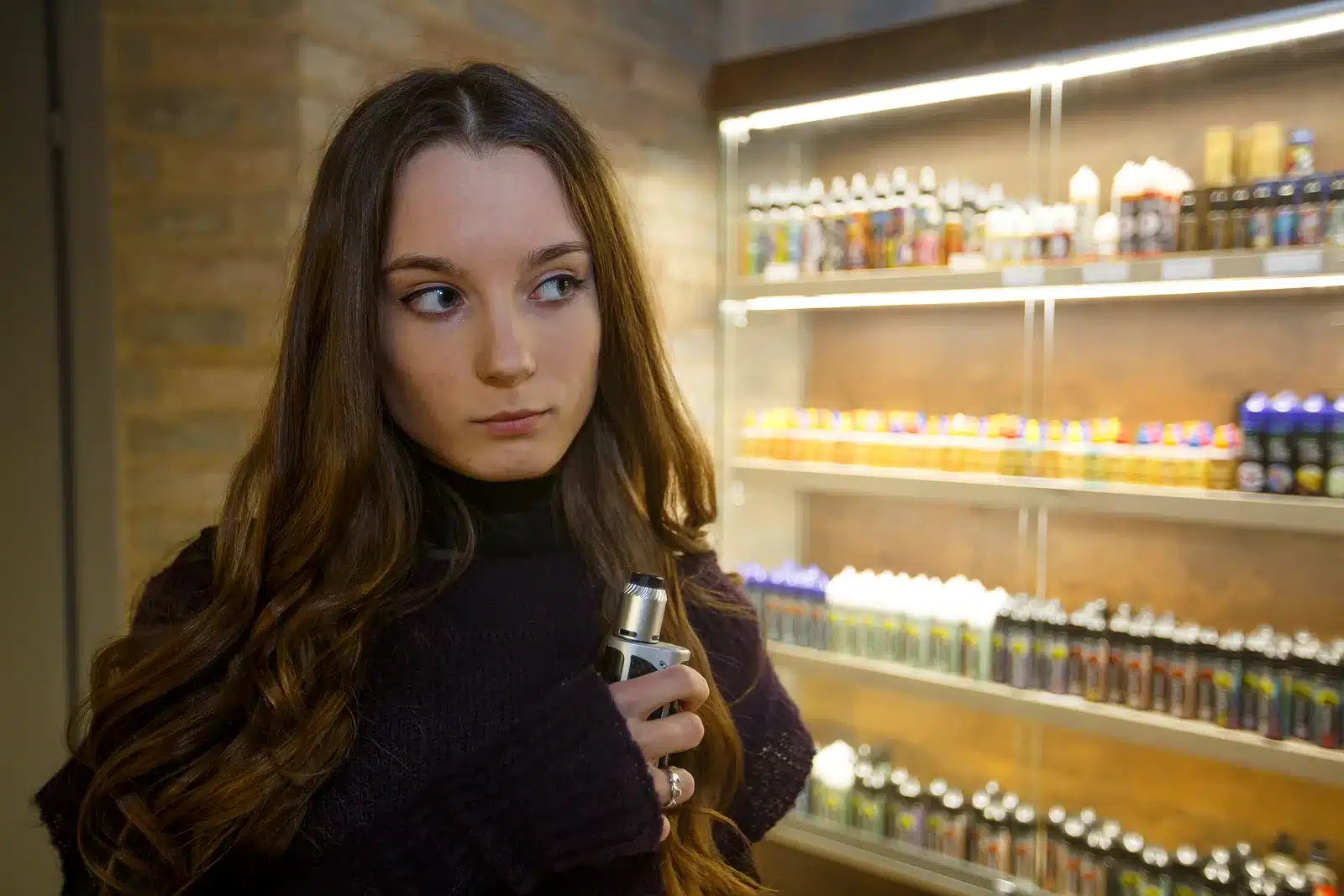For the very first time since the invention of the cigarette, it looks like the UK is winning the battle against tobacco.
In the most recent Office For National Statistics figures available, 13.3 per cent of UK adults smoke, which is the lowest proportion since records began, whilst 7.7 per cent of adults use vape hardware.
There has been a direct correlation between people vaping and people no longer smoking, but a potential policy to ban flavoured vape juices has the potential of undermining this, especially since this ban is unlikely to solve the issue it has been proposed to fix.
Here are some of the reasons why banning flavoured vape juices would not only not work but also potentially reverse vital progress towards Smokefree 2030.
A Return To Deathsticks
In 2021, the last time when proposals to ban or heavily restrict flavoured vape products were discussed in the wake of Juul’s ban in the United States, a paper was published on the potential effects such a ban would have on current vapers, and the results were somewhat concerning.
If flavoured vapes were restricted, a third of current vapers would switch to cigarettes instead of tobacco-flavoured cigarettes, and a big reason for this is that exotic flavours are a major part of helping people stick to vaping instead of cigarettes.
Another survey of vapers suggested that 79 per cent believed that enjoying flavours keeps them from turning to cigarettes.
By removing this, and only having the exact flavour that they would get from traditional cigarettes, there is a serious risk of relapse.
A Policy Hypocrisy
As was seen on a smaller scale with Waitrose’s policy to ban disposable vapes but sell cigarettes that are objectively 20 times more dangerous according to Public Health England statistics, there is an element of hypocrisy when it comes to sales policy and vaping compared to cigarettes and alcohol.
Given that the NHS openly advocates for the use of vaping as a safer way to stop smoking on the one hand but the Department for Health imposes highly restrictive policies on the other hand, it can send a mixed message that can damage smoking cessation efforts.
Sending a clear message and strongly enforcing existing laws regarding vapes with policies similar to those used for alcohol would be a far more effective tactic than a ban that may have the opposite effect than intended.
Clear Messaging
One of the biggest issues that affected the ability to effectively highlight the risks of tobacco for decades was a lack of clear messaging, allowing big tobacco firms to obfuscate figures that were even in the 1950s conclusive that smoking is clearly and evidently harmful.
There is a huge risk that the confusing messaging, supporting vaping on the one hand and threatening bans on the other will cause smokers to believe that vaping is more dangerous than it is and would not immediately benefit a smoker’s health.
Being clear and consistent with policies would help to avoid this and ensure that vapes get into the hands of the remaining 6.6m smokers to help them quit for good.


